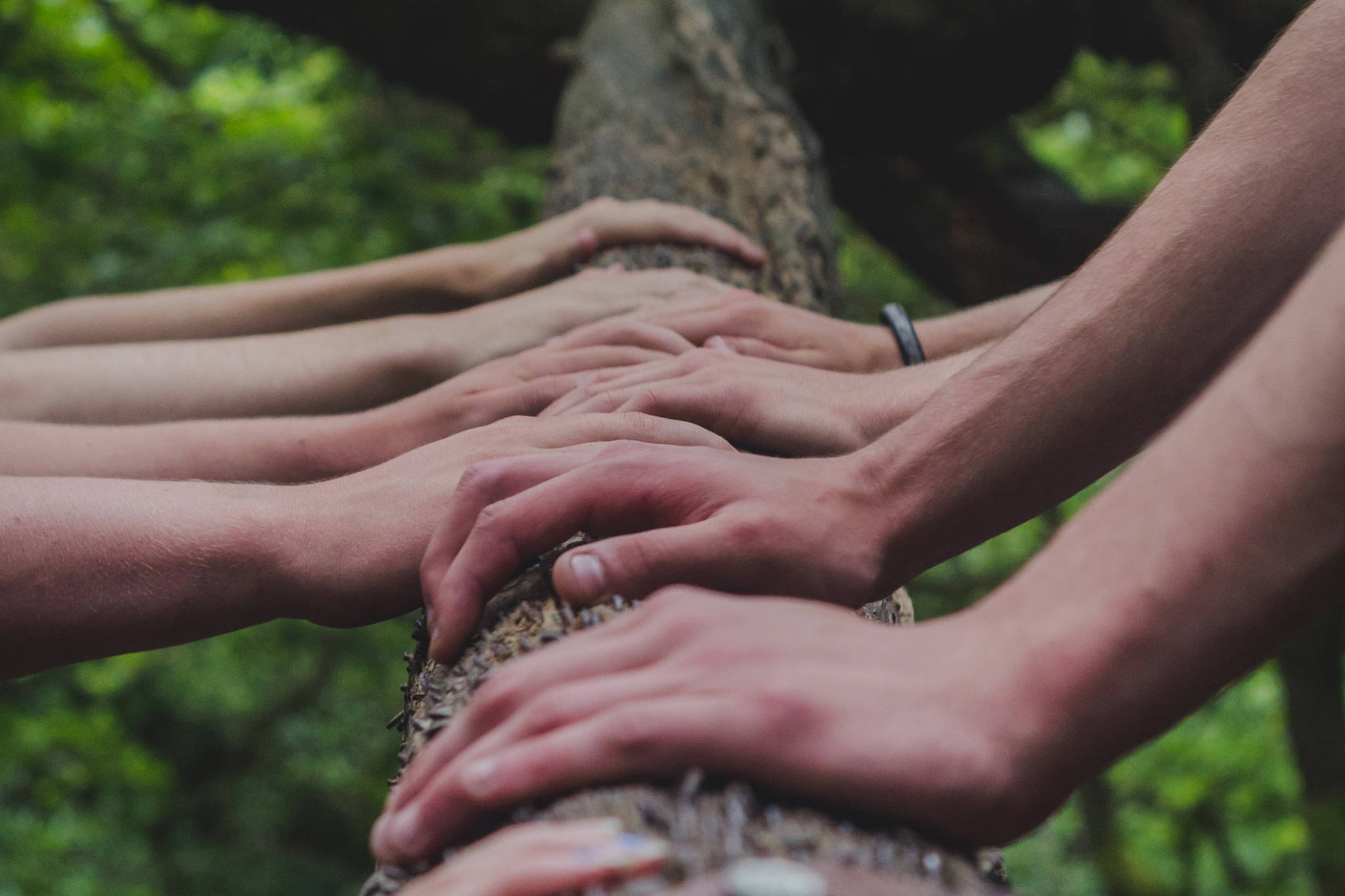In a recent My Turn titled “White privilege in today’s America,” the author (whom I consider a friend) took umbrage at the notion of applying the term “white privilege” to him. When it was first suggested the term applied to me, I responded similarly.
[Opinion: White privilege in today’s America]
But before we reject the idea of white privilege, we have an obligation to understand what it means and to listen to the voices of individuals who do not have the same opportunities as others because of the color of their skin. We have an obligation to look at the overwhelming evidence of racial disparity and to ask what can be done about it.
The term white privilege triggers defensiveness because anyone who has faced challenges in life does not feel particularly privileged. But, as described on the website Teaching Tolerance, white privilege is not the suggestion that white people have never struggled, it is not the assumption that everything a white person has accomplished is unearned and it does not mean that every individual who has benefited from white privilege is a racist. Rather, an encompassing definition of white privilege is “having greater access to power and resources than people of color in the same situation do.”
The evidence of racial inequality is inescapable and cuts across most aspects of social and economic life in America. Here are just a few examples. A recent piece in the New York Times shows that, compared to white people, Black people suffer higher rates of unemployment, lower access to four years of college, lower household income, lower wealth accumulation, lower rates of home ownership and a lower life expectancy. The CDC has documented the increased risk of contracting COVID-19, being hospitalized and dying experienced by people of color when compared to whites. With respect to criminal justice, a study adopted by the National Institute of Corrections, found extreme racial disparities in sentencing and incarceration. Blacks and Latinos constitute 30% of the general population, but 58% of the prison population.
The author of “White privilege in today’s America” describes with pride his accomplishments. He asserts that his success was the result of “personal discipline, applied intelligence, hard work and opportunities that this country made available” to him. He says he immigrated to this country as a poor man, educated himself, paid his student loans and did not abuse any social programs. His pride is justified. But the implicit suggestion that this formula will guarantee the same success to any person of color is not borne out by the statistical disparity between white people and people of color in this country. There are far too many law-abiding, hard-working people who, despite their best efforts, are unable to achieve economic security. It is easy to point to both white people and people of color in this position. But there is a significant difference: white people do not face this challenge because of the color of their skin.
We don’t have to look very far back in history to see the policy choices and structural systems that created these conditions. In my lifetime, Alaska Natives faced signs on stores telling them they could not enter; their children were taken from their homes to be educated by white teachers and denied the right to speak their Native languages; people of color were told where they could sit on buses and denied access to accommodations and jobs; lawsuits and the National Guard had to be deployed to give children of color equal access to public schools; New York City’s “stop and frisk” policy targeted people of color for police contact not permitted by the U.S. Constitution; voter suppression in communities of color has become a common tool to maintain power. And on and on.
Whatever struggles I have faced, they were not based on the color of my skin. Because of this, I know I have had greater access to resources and power than many people of color. That is the essence of white privilege. And it is real.
• Keith Levy is a Juneau resident, retired lawyer and Alaska District Court Judge. Columns, My Turns and Letters to the Editor represent the view of the author, not the view of the Juneau Empire. Have something to say? Here’s how to submit a My Turn or letter.

